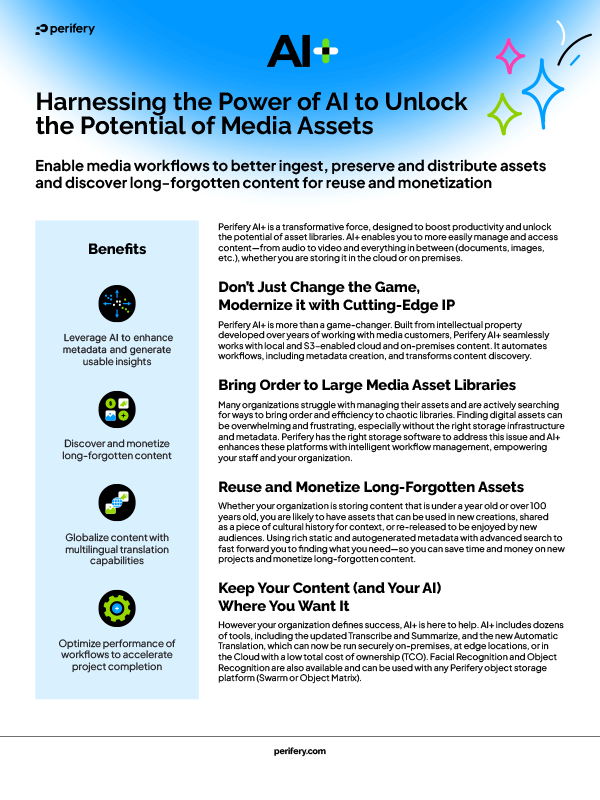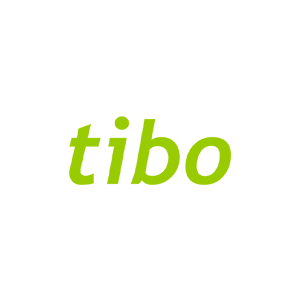Leanne: Welcome to our podcast coming from IBC in Amsterdam. I'm with Adnand from Tibo. So, Adnand, what is your role at Tibo?
Adnand: I'm the owner of the company.
Leanne: Yeah, oh, brilliant. And can you tell us a bit about what Tibo do?
Adnand: We are internet ISP, OTT platform and the broadcasting for live events, sports events. We have the rights for the Champions League, for Albanian League, National League, Second League, for the Olympic Committee, all the events that the guys from Olympic Committee organize like basketball, volleyball, taekwondo... etc. And we have a folder, we go to cover all the sports in Albania, even the minor sports, even for the children. And it's very, very exciting work and we try to invest now in the radio and we need to see around some products, like podcasts or like some new things to put in our agenda.
Leanne: No, no, it's perfect. So how did you start in the industry?
Adnand: We started 15 years ago and because the necessity to go from analog in our territories and to give the possibility to other people to go in the next step, to go nearer to Europe with the events. To give the possibility to watch what's happened over the borders. This is very important. And the first step that we go to do 15 years ago is the necessity to offer our products, the important products around the world, for the refugees because maybe you know we have a lot of guys, a lot of families that go to work in other states or go under the immigration version and we all these people need to have their TVs to preserve the languages, etc.
And this is very important for us to go and to offer a product that can arrive in territories far away from Albania. And in this case, the OTT is the best way to offer the TV programs. And we start to build from ourselves the first software, and after we tried to all these experience with IPs, with the software, we tried to put all this even in our territories and to build not just OTT around the world but even for the territories around inside Albania. And we try to stand fiber optical in every house and now we put the small set top boxes with G-Pone modems. Now is the time to upgrade the TV, the shows. And we want to do something from ourselves, not just to deliver the content that the others do. And for this season we are here at IBC.
Leanne: And have you attended IBC before or is this your first time at the event?
Adnand: Yes, I come every year from 15 years.
Leanne: Oh, so you know it very well.
Adnand: We learn everything here.
Leanne: No, it's a great way to stay ahead of the curve. So do you think the event has changed since the pandemic? Do you feel that it's gone back to how it was before the pandemic, or do you feel that the event has made some positive changes?
Adnand: For us, in our sector, in our community, OTT community is much better because the people then can find other solutions during the pandemic just by watching TV. And the best way, the fastest way to go is the OTT. It is enough to have the Wi-Fi or every broadband. Why OTT in the pandemic grow? Because during the pandemic, the cable operators can't give us assistance and the house can go outside for, and if you have just the 5G, for example, is enough for the OTT or video on demand. For this reason, we growing up. I give you an example from every year we were growing 20%. Now, after pandemic, 100% of subscribers. From 30 subscribers to 60,000 subscribers. For example, this happened during the pandemic. Because the people don't have the possibility to living the life outside. And the OTT is the best way. Because in the houses the people is the old version you are concentrated one TV, one cable or one terrestrial, one TV, or one satellite one TV. If you go to buy two TVs or three TVs you got to buy two or three satellite decoder, two or three subscription. because everybody in the house can watch it from the phone. If you are, okay, if I want to watch the sport on the TV, my daughters go to watch YouTube or OTT programs in their iPhone or tablets. And the OTT gives this possibility, and I think even the future is going in this direction.
Leanne: And has there been any key trends that you've spotted since being at the show? I know we're only sort of halfway through day one, but is there anything that you've seen so far? Sort of any sort of trend that you've seen?
Adnand: I want to unify all the things in one. All the things in one. The open world I think is without geo-blocking. This is terrible. For example. One is the direction that the world have to work with the rights. Open. If you buy a subscription in your country, I have to come in Amsterdam and tomorrow is Inter Milan for example. What's happened? You go to buy the provider from Amsterdam but you already have one other after one month you go to another country you have to buy another subscription to that, no this is this is crazy. Even with Netflix, everything is wrong for the moment. This is my opinion. In different countries, you have different things. If you go to do some marketing to see some marketing you see the last thing but just Americans can watch this because in my country it's forbidden. Yes, yes. Yes, it's closed. This is one direction.
The other direction is one communication, one network. I come from Albania or you come from Italy and other people come from England and you have a lot of networks to go through. Or this is not good, it's not fair, it's not fair for the consumer. We have to unify the devices. We have to unify everything and the people to be free to choose. In this case we can do the best for the services and not more for the devices.
Leanne: And so in terms of, I mean, over the last 6 to 12 months we've seen a huge leap in digitalisation with advances in AI. How do you think traditional media companies can best adapt in this changing landscape?
Adnand: It's a very personal thing because some people are conservative, some people are more open-minded. I come back again in the discussion together about what I see for the future. The same thing even, in this in this direction. I see an open world. Everybody can produce what you want, and the people can choose like TikTok. What's offered TikTok is crazy but it's very important for the people for the future. We don't have bad videos or beauty videos. We can't decide for the other what is bad, what is beautiful. The people have to choose. More choose have the people, more beauty, the man and the woman are nearer to the truth.
Leanne: A really good way to end the podcast as we come to a close.
Adnand: I repeat, sorry for my English.
Leanne: No, no, I understand. No, it was perfect. But thank you so much for joining us on our podcast and I hope you have a great rest of your IBC show.
Adnand: Thank you.

